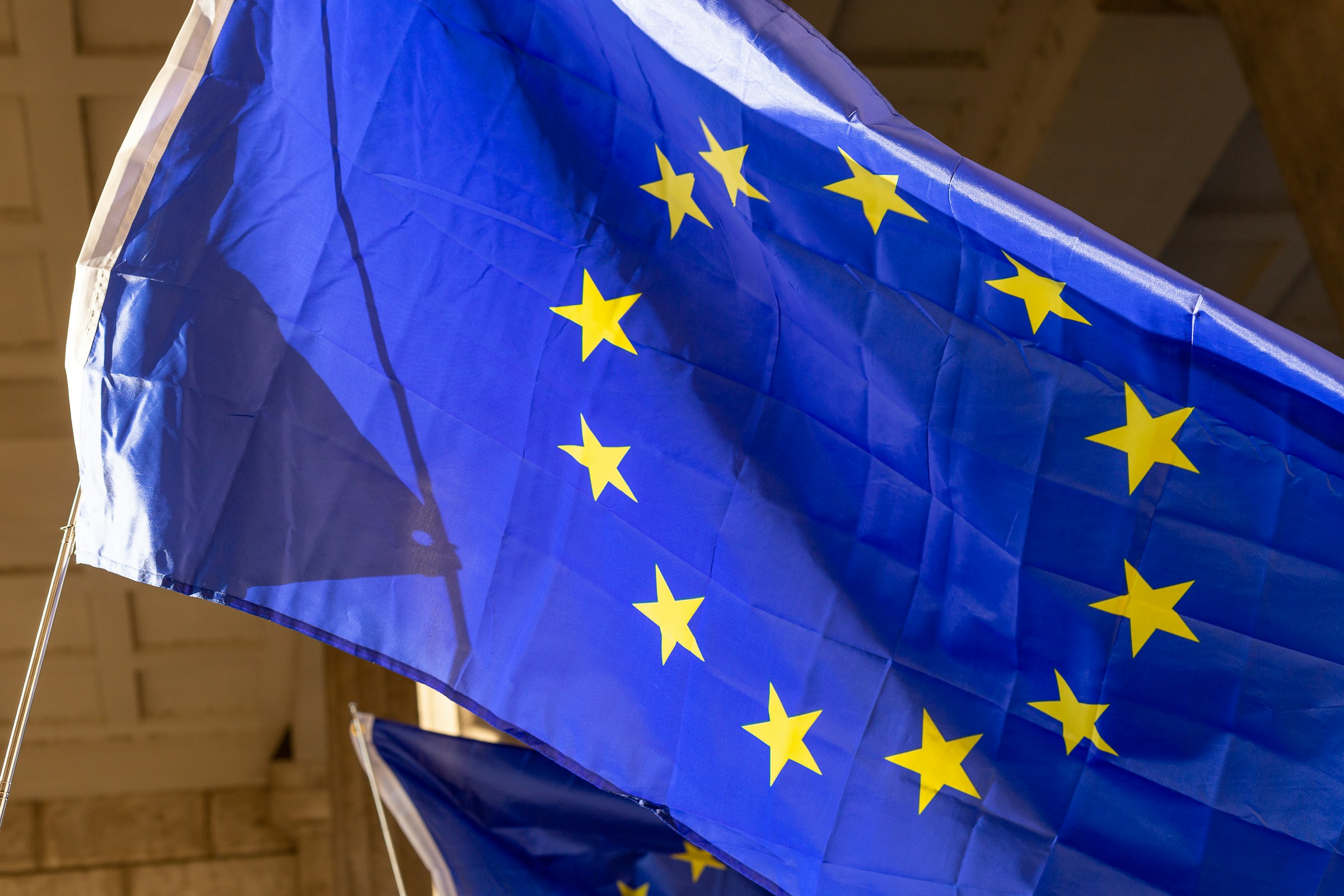
Apple has announced that iOS app developers targeting EU users are now able to directly offer downloads from their own websites. This shift comes as a response to the EU’s new Digital Markets Act (DMA), requiring major tech platforms to open up their ecosystems and ensure a more competitive market.
Historically, Apple has maintained a notorious “walled garden” for its iOS ecosystem, with the App Store being the sole gateway for downloading apps on iPhone devices. However, the new regulations in the EU are set to dismantle this approach, allowing what is commonly referred to as “sideloading”—direct app installations from sources other than the official App Store.
During a briefing, an Apple spokesperson detailed the upcoming changes, indicating that developers would access the web distribution entitlement through beta 2 of iOS 17.5, provided they agree to Apple’s new EU business terms.
Among these new terms is a “core technology fee” of €0.50 for each first annual install over 1 million in the past 12 months, regardless of the distribution method. Developers not adhering to the new terms will be unable to benefit from the DMA entitlements, including direct web distribution.
In addition to direct web downloads, the DMA has prompted other significant reforms within the iOS ecosystem. Apple has had to adapt by offering more flexibility in in-app payment options, lifting bans on anti-steering measures, and allowing developers to inform users about cheaper offers available outside of the App Store.
Another notable adjustment includes the capacity for developers to operate their own app marketplaces within the iOS system. Last year, Microsoft confirmed that it’s planning to take advantage of the DMA to launch a mobile app store that will compete against the App Store and Play Store.
Apple has set specific criteria for developers wishing to distribute their apps directly, including standing in good company with the developer program and meeting app notarisation requirements aimed at maintaining platform integrity and user safety.
Unsurprisingly, Apple continues to claim that sideloading could pose security risks for users. As such, first-time app installations from developers’ websites will necessitate a multi-step authorisation process, an area that has been criticised by some as potentially deterring users from sideloading by adding unnecessary complexity.
Despite these safety measures, which Apple defends as necessary for protecting the integrity of its platform and its users, critics argue that the implementation could be perceived as a way to discourage users from exploring app installations outside the App Store’s bounds.
In a 2022 letter to lawmakers, cybersecurity expert Bruce Schneier said that Apple’s concerns about sideloading were “unfounded” and that it’s “simply not true” that legislation such as the EU’s puts user privacy and security at risk.
“It’s fairer to say that this legislation puts those companies’ extractive business-models at risk. Their claims about risks to privacy and security are both false and disingenuous, and motivated by their own self-interest and not the public interest,” wrote Schneier.
“App store monopolies cannot protect users from every risk, and they frequently prevent the distribution of important tools that actually enhance security. Furthermore, the alleged risks of third-party app stores and ‘side-loading’ apps pale in comparison to their benefits.”
This latest DMA-induced change marks a pivotal moment for Apple and the broader mobile app ecosystem in the EU, potentially setting the stage for similar reforms in other jurisdictions.
(Photo by Tetiana SHYSHKINA)
See also: Apple responds to accusation of skirting antitrust ruling

Looking to revamp your digital transformation strategy? Learn more about Digital Transformation Week taking place in Amsterdam, California, and London. The comprehensive event is co-located with AI & Big Data Expo, Cyber Security & Cloud Expo, and other leading events.
Explore other upcoming enterprise technology events and webinars powered by TechForge here.





